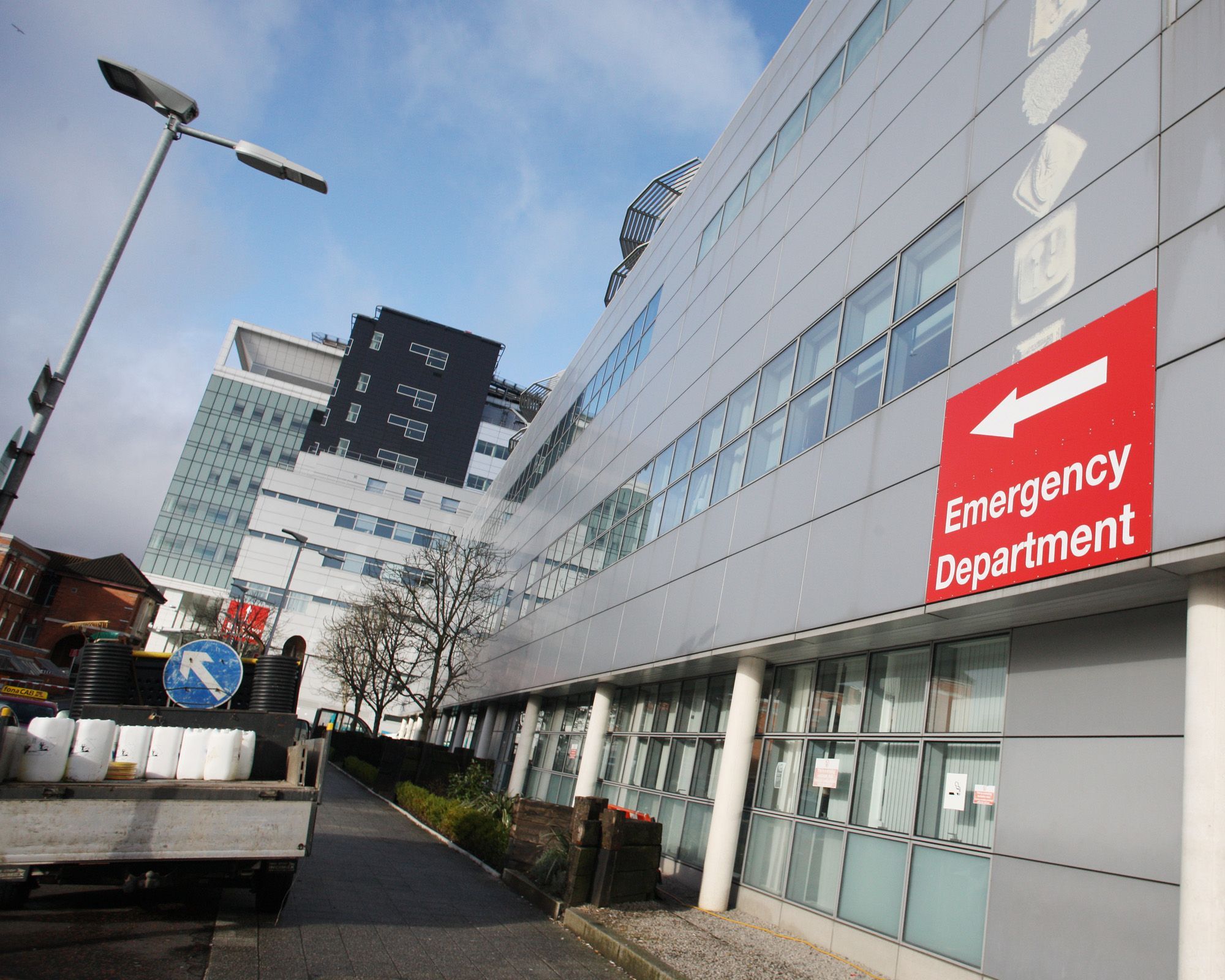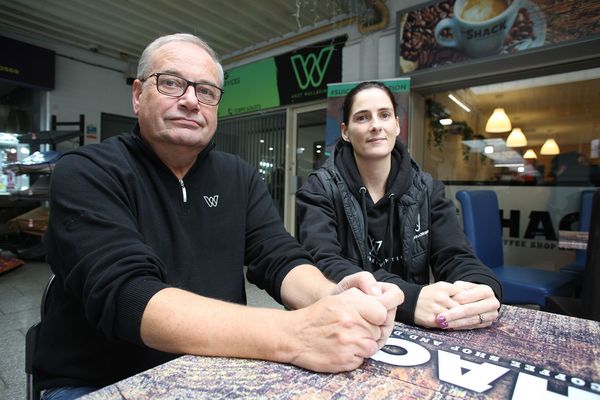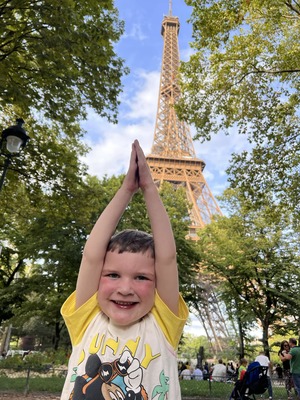A WEST Belfast mother has described her 'nightmare' 11-hour wait in the Royal Victoria Hospital's Emergency Department on St Stephen's night with her daughter who took ill over Christmas.
Gráinne Carson who owns a popular bakery in Beechmount described the events as “the worst night” of her life.
“You go to A&E (Accident and Emergency) in an emergency, and you expect there to be help and there was nothing,” she told the Andersonstown News.
On Christmas Eve Gráinne’s daughter Emma became sick and by the following night her mum said she had turned white, her lips had gone blue and she became what Gráinne describes as “lifeless".
“It was an absolute nightmare. We didn’t see a doctor, a nurse or anything for three-and-a-half hours,” Gráinne said.
“Emma went lifeless, she went white as a sheet and her lips turned blue. It was so scary. She had a sore throat and had been ill from Christmas Eve.
“She got an ECG and afterwards we never got any results. I had asked, and they said they would be sent upstairs. Emma was sent up to get her bloods done. Around half ten, a couple of people had come in and left. After that I went up and asked if Emma’s name was still on the list because we haven’t been called and he replied, ‘you know there is a queue’.
“At half two, I went up again and was told Emma’s file had been moved to A&E and to go around there. When we went there, they sent us back to where we had come from in the waiting room. All this time. Emma is not great.”
Throughout the night, Gráinne describes an array of activity that took place from witnessing a man taking drugs in the toilet; an altercation taking place with security; and two men who were homeless trying to get a night’s sleep. Additionally, there were no period products available for a young girl who Gráinne helped.
“There was girl in the bathroom but there was no sanitary towels available in the bathroom at all for her. The girl asked me if I had a pound. I didn’t and Emma had £10. I went around everyone asking for change and a security man eventually gave me a pound and when the girl went to use it in the machine there was nothing in the machine, so she didn’t even get a towel in the end. It’s like a third world country," Gráinne said.
Gráinne and her daughter Emma also went to the vending machines during the night only to discover that there was no water. One vending machine was broken while the other had no water and eventually ran out of all drinks.
“We went back to A&E from the separate waiting room about five o’clock in the morning. They said to us that there was one doctor on and he got called out to an emergency. They had no doctor whatever for three-and-a-half hours. The nurses were just standing there looking lost and stressed out," she said.
“You go there for help, but it was absolutely mayhem. It was awful.”
Throughout the night, Emma’s colour started improving. Gráinne said that they eventually spent 11 hours in the Emergency Department before leaving.
“A dad came in at about half four in the morning. His daughter just sat and cried with an ear ache and he ended up leaving about half six when we were leaving because we hadn’t seen a doctor or a nurse and they said they didn’t know when we would see one. He ended up taking her to Dublin for treatment, it was that bad," she continued.
“Emma is on the mend but I’ve never been so scared. You go to A&E in an emergency – 11 hours we saw no one who would help.”
A spokesperson from the Belfast Trust said: “Emergency Department services across Northern Ireland have been under extraordinary pressure for many months. During the busy post-Christmas and New Year period, the Royal Victoria Hospital has been particularly busy with sick patients arriving by ambulance or self-presenting with a variety of serious illnesses including Covid-19 and flu.
"This is adding further challenges to an already pressured system. Our staff work every day under the most challenging conditions while doing their very best for their patients. All of us in Health and Social Care know this situation is far from ideal. In Belfast Trust, directors, alongside medical, nursing and professional leads work with total focus every day with our entire staff body to address the demand for our services.
“Our hospitals continue to be under considerable pressure and we need to ensure our beds are available for patients who need them most. We are asking patients, who have been told by a doctor that they can be discharged, and their families, to work with us to get home or into appropriate community care.”








